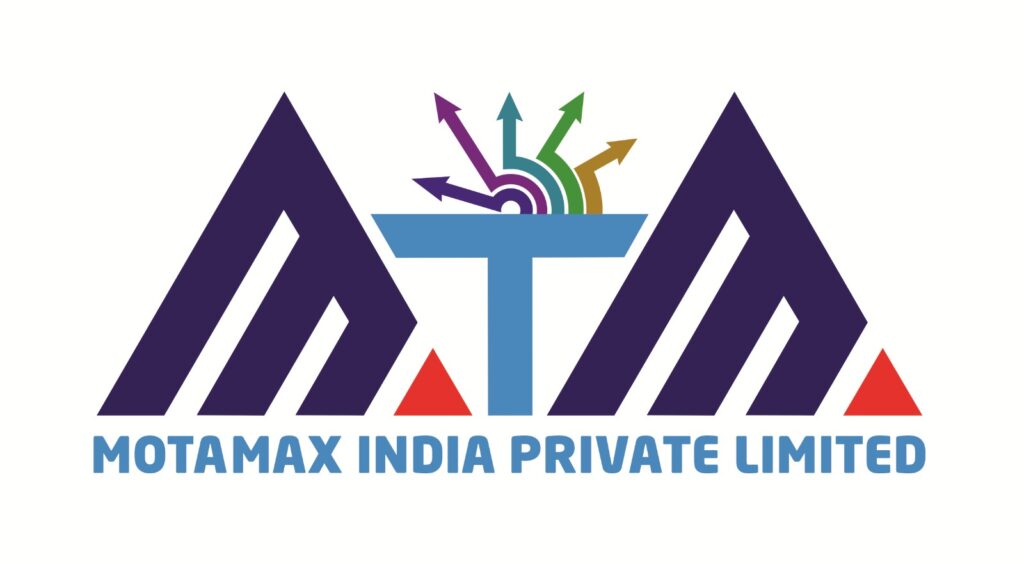Aviation is a fascinating field that allows individuals to explore the skies and travel to different parts of the world with ease. For beginners who are just starting out in the world of aviation, there are many things to learn and understand. One particular aspect of aviation that beginners may be curious about is the role of an aviator. In this beginner’s guide to aviator, we will explore the responsibilities, skills, and qualifications required to become a successful aviator.
Responsibilities of an Aviator
An aviator, also known as a pilot, is responsible for safely operating an aircraft and ensuring the safety of all passengers on board. Some of the key responsibilities of Aviator Predictor an aviator include:
1. Pre-flight checks: Before taking off, pilots must conduct thorough pre-flight checks to ensure that the aircraft is in good working condition. This includes checking the fuel levels, engine performance, and navigation systems.
2. Flying the aircraft: During the flight, the pilot is responsible for navigating the aircraft, communicating with air traffic control, and making decisions to ensure a safe and smooth journey.
3. Emergency procedures: In the event of an emergency, pilots must be prepared to handle the situation calmly and effectively. This includes following emergency protocols, communicating with air traffic control, and executing emergency landings if necessary.
4. Communication: Pilots must maintain clear and effective communication with air traffic control, cabin crew, and other pilots to ensure the safety of all passengers and aircraft in the area.
Skills Required
Becoming a successful aviator requires a combination of technical skills, knowledge, and personal qualities. Some of the key skills required to excel as an aviator include:
1. Technical skills: Pilots must have a solid understanding of aircraft systems, navigation instruments, and flight procedures. They must also be skilled in operating the aircraft’s controls and handling emergency situations.
2. Decision-making skills: Pilots must be able to make quick and informed decisions under pressure. This includes assessing risks, evaluating weather conditions, and reacting to unexpected events during flight.
3. Communication skills: Effective communication is essential for pilots to coordinate with air traffic control, cabin crew, and other aviation personnel. Pilots must be able to convey information clearly and confidently.
4. Problem-solving skills: Pilots must be able to think critically and solve problems quickly and efficiently. This includes troubleshooting technical issues, navigating challenging weather conditions, and making decisions in high-stress situations.
Qualifications
To become a licensed aviator, individuals must meet certain qualifications and undergo rigorous training. Some of the key qualifications required to become a pilot include:
1. FAA or EASA certification: Pilots must obtain a commercial pilot’s license from the Federal Aviation Administration (FAA) in the United States or the European Aviation Safety Agency (EASA) in Europe. This typically requires completing a set number of flight hours, passing written exams, and demonstrating proficiency in flying skills.
2. Medical certification: Pilots must pass a medical exam conducted by an aviation medical examiner to ensure that they are physically fit to operate an aircraft.
3. Flight training: Pilots must complete a structured flight training program at an FAA-approved flight school or EASA-approved training organization. This typically includes classroom instruction, simulator training, and hands-on flying experience.
4. Experience requirements: Pilots must accumulate a set number of flight hours, typically around 1,500 hours, to qualify for a commercial pilot’s license. This includes flying with an instructor, solo flights, and gaining experience in different types of aircraft.
In conclusion, becoming an aviator is a challenging but rewarding journey that requires dedication, perseverance, and a passion for flying. By acquiring the necessary skills, knowledge, and qualifications, beginners can embark on a fulfilling career as a pilot and explore the world from a whole new perspective.
